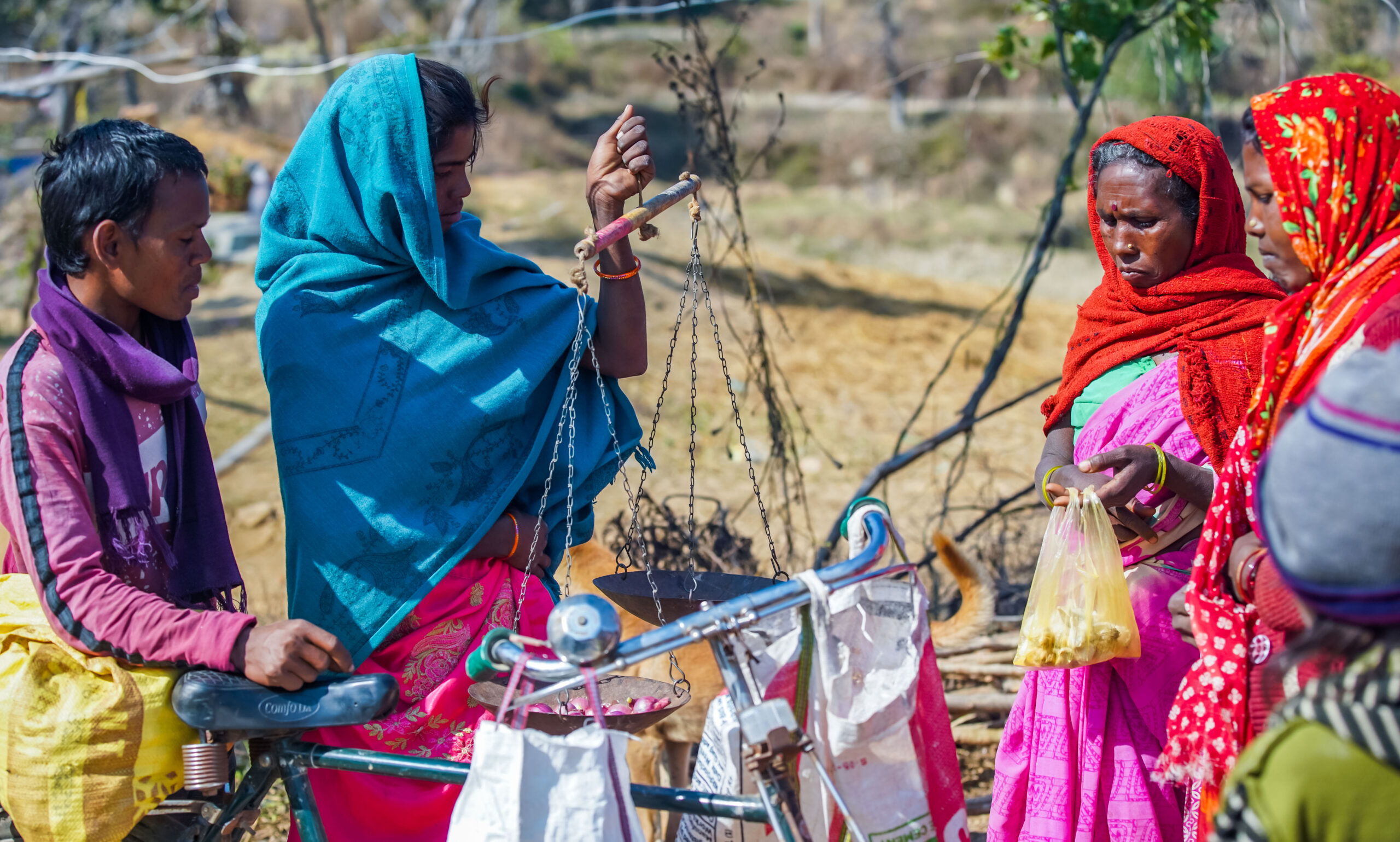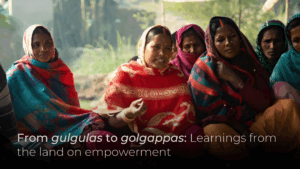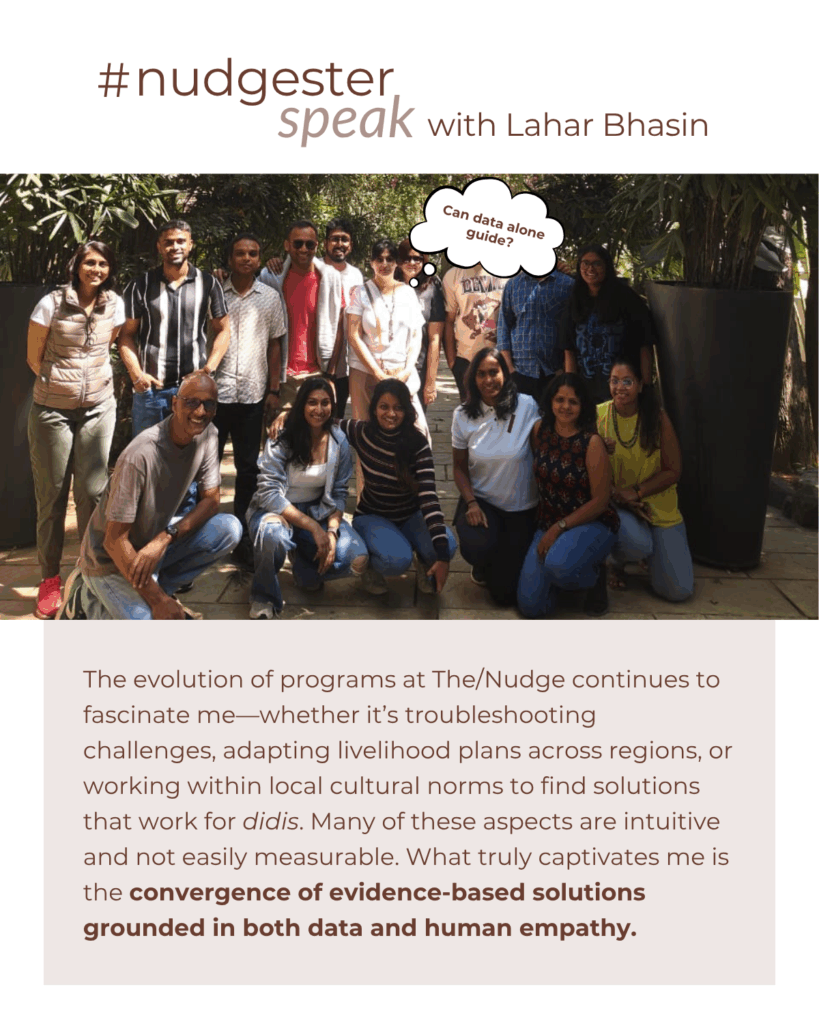Food insecurity remains a significant challenge for the most marginalised rural households, which are part of The/Nudge Economic Inclusion Program (EIP). These households spend over 80% of their income on food, yet they are only able to meet 20% of their daily energy needs. The food they can access is often non-nutritious, lacking in both variety and essential nutrients. Many of the extremely excluded families we work with struggle to secure even one meal a day during lean seasons.
To address this pressing issue, the EIP adopts economic inclusion program approaches like cash-plus care or graduation approach model, which includes the Consumption Support Grant (CSG. The CSG provides vital support by ensuring that participants have access to the financial resources they need during the early stages of the program, until they can begin generating income from their new livelihood assets.
What is the Consumption Support Grant (CSG)?
The Consumption Support Grant offers cash assistance that brings much-needed stability to households. This support is carefully structured—taking into account the amount, frequency, and duration of the payments—to ensure participants have reliable access to food. The grant is designed to bridge the gap between receiving livelihood assets and starting to earn an income from them.
Through the EIP program, participants receive CSG for up to 3 months. This period is crucial as it helps families meet their nutritional needs while they wait for crops to grow in their kitchen gardens or for poultry to mature. For example, a woman engaged in poultry farming can rely on the grant to feed her family while she waits for her chicks to grow. This support prevents families from having to migrate in search of work due to a lack of food or income opportunities at home.
Our partnership with state governments facilitates the grant through village organisations, who help program participants—referred to as Didis—acquire essential resources. In addition, our donors play a key role by providing the necessary financial support for these households in EIP implementation projects.


















